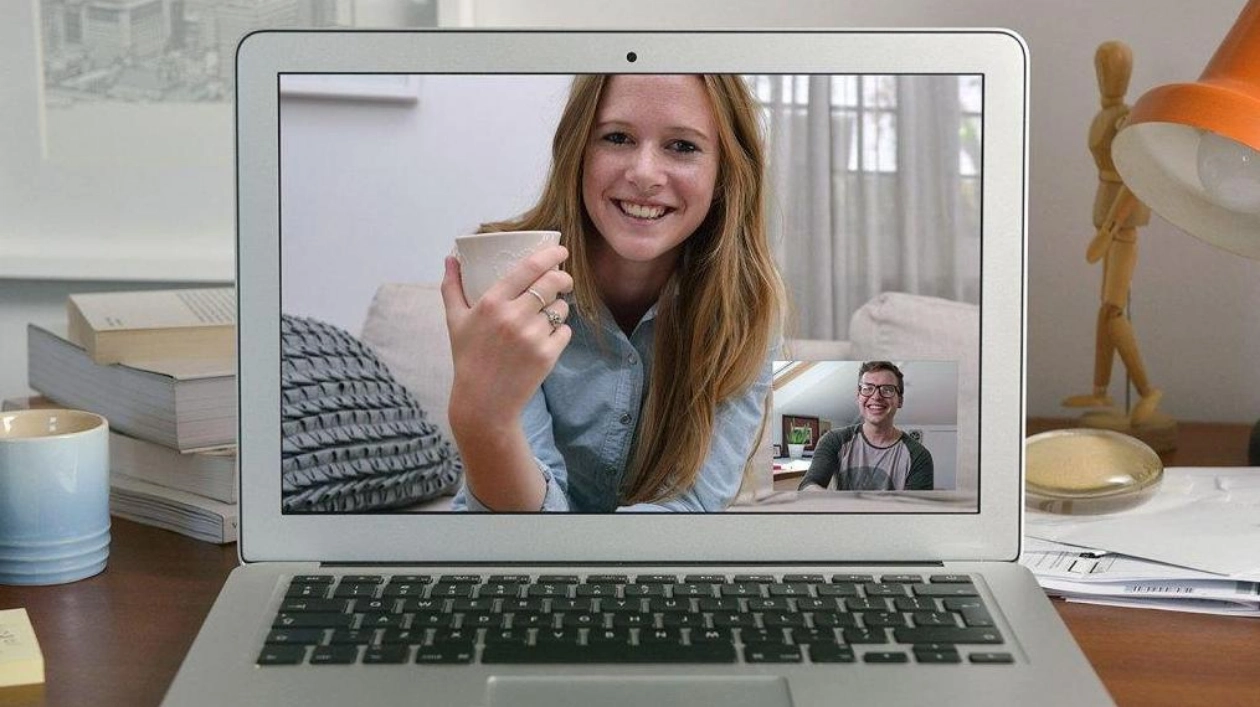A strategically timed smile might just be the ultimate speed-dating secret. Researchers reported on October 28 in the Proceedings of the National Academy of Sciences that smiles augmented by artificial intelligence during video chats resulted in greater romantic attraction.
Face filters, accessible to social media users globally, can conceal blemishes, brighten teeth, and accentuate hair. They can make you appear decades older or younger, or even transform your face into a talking potato. These digital alterations are endlessly entertaining, but they could influence how we perceive ourselves and others in ways we don’t fully comprehend.
“The psychological impact of these filters remains largely unknown, despite billions of people using them,” says Pablo Arias-Sarah, an engineer and cognitive scientist at the University of Glasgow in Scotland.
A computer algorithm subtly amplified or diminished people’s smiles during conversations. Although participants couldn’t detect these changes, the questionnaires they completed afterward indicated that the artificial adjustments had a significant impact on how attracted potential daters were to each other.
Arias-Sarah and his team concentrated on a very subtle facial adjustment—a slight enhancement to smiles, which carry a wealth of social information. “Smiles are among the most emblematic and widespread human emotional expressions,” says Arias-Sarah, capable of conveying attraction, sincerity, competence, and trust, even when forced.
During four-minute video chats, 31 participants had their smiles either slightly increased or decreased. In some chats, both individuals’ smiles were similarly enhanced or diminished. In others, smiles were mismatched, with one person’s smile amplified and the other’s reduced.
Timing proved crucial. When both chatters had their smiles boosted, they reported higher levels of attraction compared to other conditions, according to the questionnaires. “Romantic attraction was influenced by whether participants perceived each other smiling simultaneously,” and not just by the other person’s smile, Arias-Sarah explains.
The discovery that artificially enhanced smiles can affect romantic feelings raises broader questions about the ethical use of face-altering technology. After the speed-dating experiment, volunteers were informed that their faces had been manipulated. However, as this technology becomes more prevalent in the digital world, such disclosures might not always be forthcoming.
Next, researchers aim to explore other digital transformations, such as altering gender, expressiveness, gaze, or age, to study how these changes impact social interactions like job interviews.
Source link: https://www.sciencenews.org






